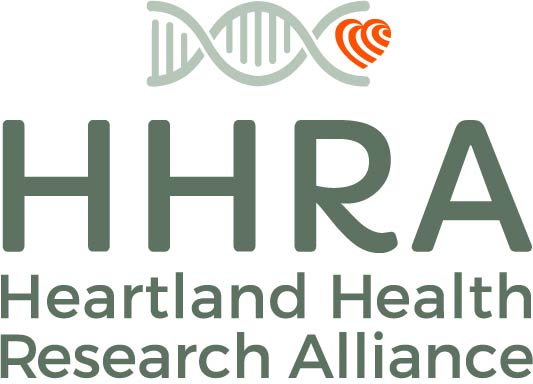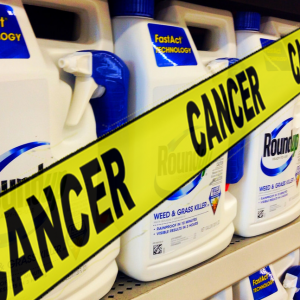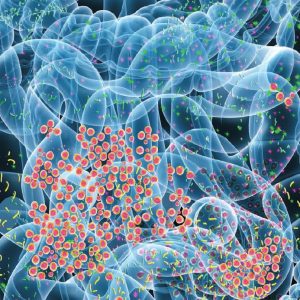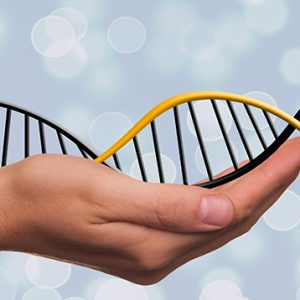
The goal of public health research is to identify — and then prevent — things that can undermine the health of people and communities. When it comes to American agriculture, doctors and scientists are concerned about the public health cost of widespread pesticide use, especially for pregnant women and children.
Even at low doses, pesticides can affect prenatal development and pose unique risks to infants, children, and adults with compromised immune systems or certain genetic variants. And, many pesticides are known carcinogens — there is a reason for all the warnings on the long safety labels that all pesticide applicators are legally required to follow. The President’s Cancer Panel has even suggested avoiding food grown with pesticides to decrease the risk of environmentally-induced cancers.
These risks are especially worrisome for infants and growing children, because children eat more relative to their body weight than adults, and children’s organs are less efficient in detoxifying pesticides than in adults. We already know that common levels of exposure to certain insecticides can reduce a child’s IQ by 4 to 7 points — a reduction comparable to that triggered by WWII lead exposure levels. Plus, a growing body of evidence links prenatal and early-life pesticide exposures to heightened risk of autism, ADHD, asthma, food allergies, diabetes and obesity.
For women and men of reproductive age, exposure to pesticides can undermine reproductive health and birth outcomes. A joint report by the American College of Obstetricians and Gynecologists and the American Society for Reproductive Medicine found that environmental chemicals, including pesticides, can increase the risk of spontaneous abortions, certain birth defects, and undermine long-term neurological health.

Strikingly, living near areas where pesticide use is prolific — such as the Heartland states — raises autism risk significantly. The largest and most sophisticated population-based study of pesticides and autism was published in the British Journal of Medicine in 2019. The von Ehrenstein et al. study was conducted by a University of Southern California-led team, and reported a 33% elevation in the risk of autism spectrum disorder coupled with learning disabilities among children with autism, compared to matched controls.
Better understanding the impact of pesticide exposure in pregnancy, on childbirth, and child development is the focus of The Heartland Study, our flagship project, and our scientists continue to identify new opportunities for HHRA to protect public health. The public health challenges that concern us include:
Find out More About...
Reproductive Impacts
Sadly, pesticide exposure can impact the ability of women to get pregnant and have healthy babies, and even child development. Find out more here.
Microbiome
Toxins like pesticides impact the microbiome, which is critical for human health and development.
Epigenetic Impacts
New science suggests that pesticide exposure can even result in heritable, epigenetic changes to DNA that can make future generations more prone to disease. Find out more.






